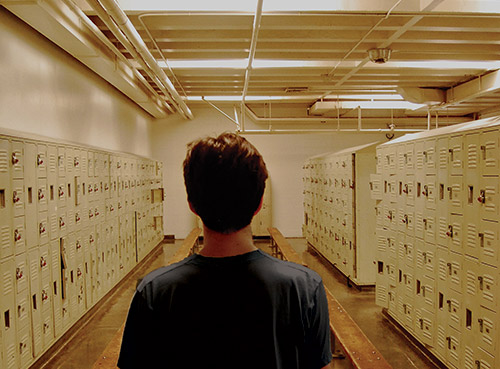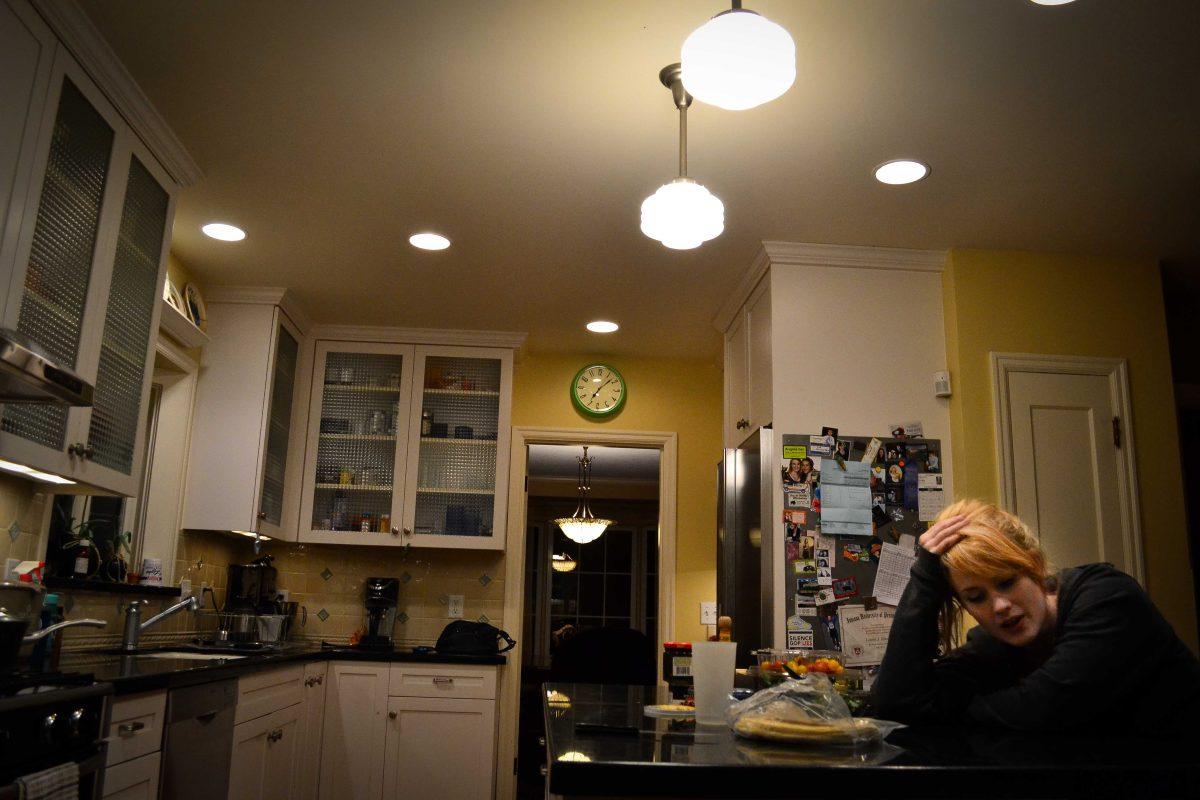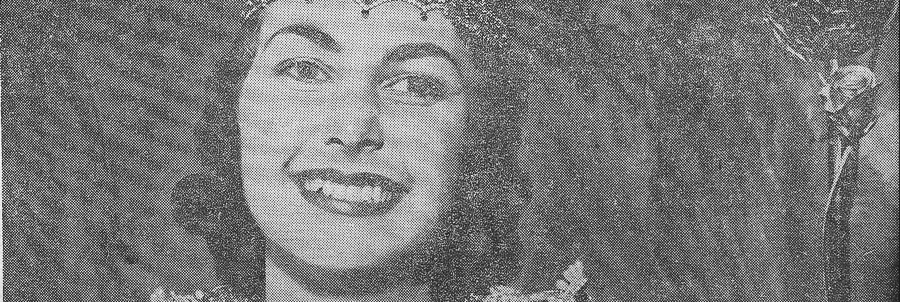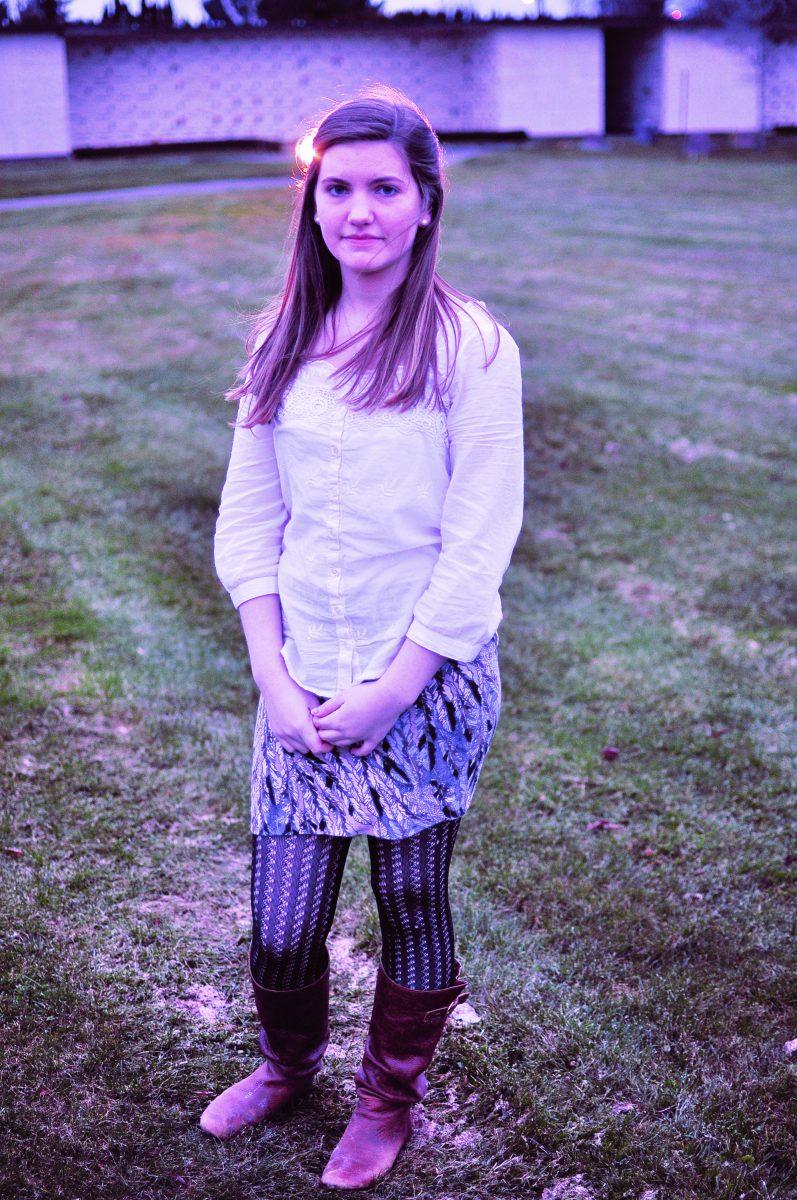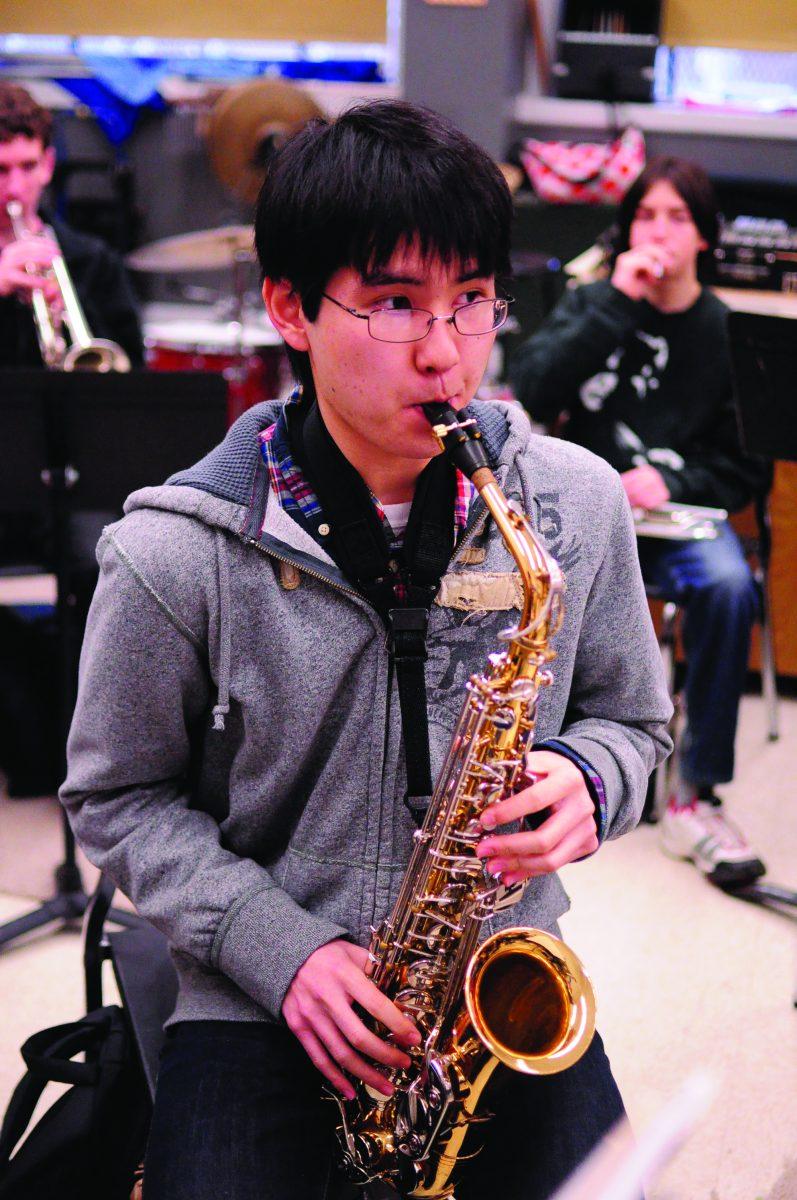I wasn’t delivered into my mother’s arms the conventional way. My parents received a surprise phone call that a seven-month-old girl was flying to Los Angeles. My dad rushed to get a ticket for the two-hour flight while my mom went speed shopping for needed supplies with my then three-year-old brother in tow.
I was hand delivered in a cardboard box with three other crying babies by an Indian man who had been disowned by his family for marrying an American woman. The orphanage agreed to pay his way under one condition: he took the babies with him.
Part of what has always made me proud to be an American is the diverse culture that in our country. While many countries are homogenous in nature, America is represented by people of different skin colors and cultures. Growing up here, though, I’ve come to the realization that America is not as free of racial judgment and prejudice as many might think.
My parents, both from Northern California, chose to adopt. My older brother came first from Honduras. I came from India. As a child growing up in a multi-racial family, I never thought there was anything to ours having different skin colors. When I looked at my parents, I didn’t notice the contrast between their bright blue eyes and my nearly black ones. I simply saw my family looking back at me, and the love for me I knew they had. As far as I was concerned, I looked just like my mother.
Others didn’t always agree.
The first time I realized I didn’t look like everyone else, I was four. It was Halloween and I was excited to show off my Snow White costume at preschool. My pride vanished, replaced by confusion when a classmate informed me that I could not be Snow White because my skin was brown. Devastated, I returned home and for the first time began to realize how others might view us.
I started to notice it more and more. Sometimes people would ask out of nowhere: “Is that your real family?” Other times, my brother and I would get: “Are you really brother and sister?” It didn’t matter where we were. Restaurants. The park near my house. At school. People really weren’t hesitant to ask. It became clear that instead of seeing an American family, they saw two American adults with “foreign” children.
Although my parents never hid from me that I was adopted, I was taught the true meaning of family is it’s those who love you and take care of you, not just those who share your genes. Looking back, I wish I would’ve replied with certainty that yes, they have, and always will be my family in every way.
Being perceived as foreign in my own country has its drawbacks. On more than one occasion, I have been singled out by airport security. While preparing to board a flight home from Japan with my fifth-grade class, I was pulled out of line, asked to remove my sweatshirt and patted down. I was terrified that I’d done something wrong. As I stood wondering what would happen next, a parent chaperone finally stepped in and berated the security official for victimizing a child. I returned to my friends OK, but a little shaken.
On another trip, I was with my dad in Denver when I was confronted again, just like the time in Japan. This time, security didn’t have me walk through the metal detector like everyone else. Instead, they used image technology to make sure I wasn’t carrying anything harmful on me. After being found to be completely safe I was allowed to board the plane. I was 16.
Being picked out as a threat has not been limited to airports. Shopping is one of my favorite activities. When I was old enough to start going without my mother, I was followed while browsing the merchandise. On one occasion, a theft occurred while I was in a store in downtown Portland, and although I was across the room, I was identified from the rest of the shoppers as a suspect and asked to leave.
For years, I always thought that such racism was seen only as an issue between blacks and whites. Because there are so many African-American leaders who speak out against such treatment, I figured that blacks were accepted as being fully American without question. But now it’s clear to me why American history is full of so many fights for equality. We aren’t truly there yet.
As I’ve grown older, I’m often asked, “What are you?” Or “What country are you from?” Although I am not bothered by the questions, I wonder why the answers are so important to people. On the surface, understanding someone’s racial background will not help you understand everything about the person. Someone’s race shouldn’t be a neat little box that gets check and then restricts who we are. Unfortunately, racial prejudice continues to corner people into unwarranted situations.
While I don’t hold a grudge against those who discriminate, every experience makes me think about what it would be like if we ever truly could be colorblind. What if everyone was? What if instead of seeing color we all saw a blank slate that became characterized only by individual actions and not stereotypes?
I may be from India but I don’t speak the language. In fact, if you ask, I’ll tell you I speak fluent Japanese after being part of the school district’s Japanese Magnet Program for 12 years. You might ask if I’m Hindu and I will respond that I am a confirmed member of a Christian church. Diversity is what makes America special, but relying on labels only leads to more of a chance of getting stereotyped. Instead of recognizing diversity by labeling groups, everyone should strive to be placed under one label: human. ♦

































